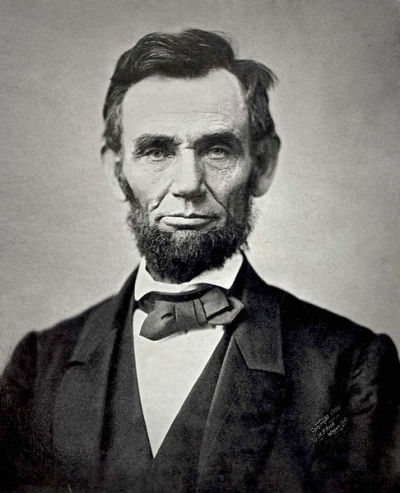Juneteenth: 7 milestones in the struggle to abolish slavery
The Emancipation Proclamation – 1863

President Abraham Lincoln issued the Emancipation in September of 1862, shortly after the Union Army defeated the Confederates at the Battle of Antietam in Maryland.
Taking effect on New Year’s Day 1863, the proclamation declared that slaves residing in territory controlled by the Confederate government were free from their forced servitude.
“And upon this act, sincerely believed to be an act of justice, warranted by the Constitution upon military necessity, I invoke the considerate judgment of mankind and the gracious favor of Almighty God,” declared the proclamation, in part.
The proclamation did not apply to Union states that still legally recognized slavery nor did it apply to southern territory held by Union troops. As a result, the measure technically did not free any slaves.
However, the proclamation did tie the abolition of slavery to the Union cause and helped pave the way for large numbers of blacks to serve in the Union Army.




























